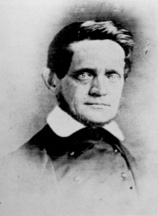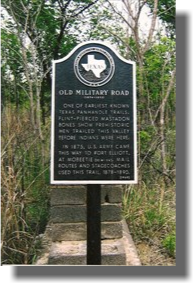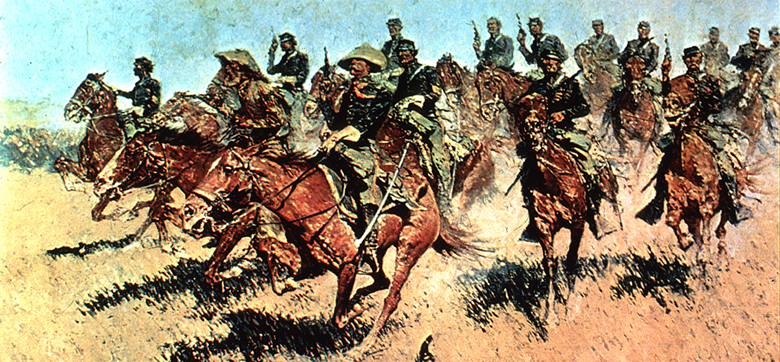Hemphill County Millitary Records and Information

The county was named in honor of John Hemphill
(1803-1862) who was the First Chief Justice of the Supreme Court
of the State of Texas. He also served as Adjutant General of the
Somervell Expedition, an invasion of Mexico while the state was a
Republic, and was a Member of the first State Constitutional
Convention and of the United States Senate. John Hemphill was also
a veteran of wars with Native Americans.
John Hemphill (December 18, 1803 - January 4, 1862)
John Hemphill
(Dec. 18, 1803 - Jan. 4, 1862)
Hemphill's father, Rev. John Hemphill, emigrated to the United
States from County Tyrone, Ireland, his mother, Jane Lind, was a
native of Pennsylvania. Hemphill was born in South Carolina and
educated at Jefferson College, graduating in 1825. Admitted to the
bar in South Carolina in 1829, he eventually moved his practice to
Texas in 1838.
Hemphill served as Chief Justice of the Texas Supreme Court for
eighteen years while Texas was an independent republic and in the
period of statehood before the Civil War. He was called the 'John
Marshall' of Texas for the role he played in the development of
Texan law. He was also famous for having fought with Native
American warriors who attacked him in his courtroom while court
was in session. He was considered an expert on Spanish and Mexican
law, and is remembered for expanding women's rights and supporting
homestead rights. Hemphill replaced Sam Houston as United States
Senator from Texas when Houston did not support the right of
states to secede from the United States.
As Texas was one of the first seven states to secede, Hemphill was
among fourteen United States Senators expelled by resolution in
1861. He was subsequently chosen as a Texas delegate to the
Provisional Confederate Congress, a position he held until his
death in Richmond, Virginia.
Hemphill County, Texas, and Hemphill, Texas, are both named in his
honor.





